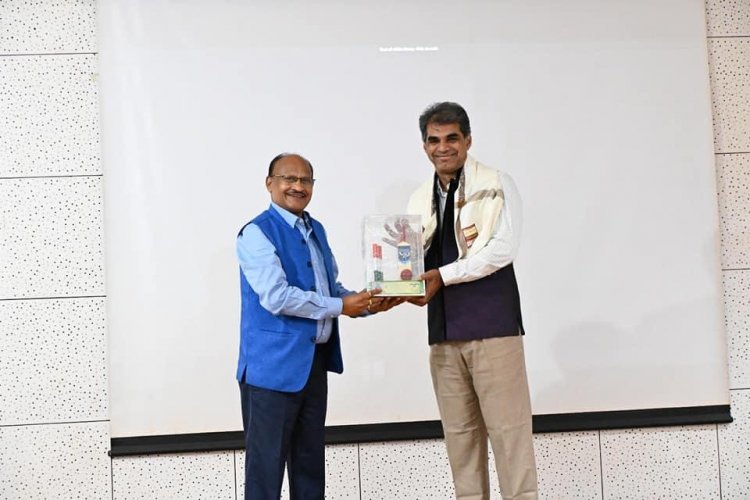Rubber Board, Digital University of Kerala develops CRISP for the rubber growers
CRISP informs growers about rubber cultivation and provides solutions online
Rubber Research Institute of India (RRII) and the Digital University of Kerala has been developed CRISP (Comprehensive Rubber Information System Platform). The app was launched by Z.P. Patel, Vice Chancellor, of Navsari Agricultural University, Gujarat.
With the help of CRISP, the farmers will now be able to receive recommendations from RRII on production and productivity enhancement, reduction of cultivation cost, maintenance of soil fertility, disease control measures, etc. Currently, these facilities are reaching the farmers through traditional extension methods. Many of these recommendations are location specific and can be linked to geo-information systems and delivered directly to the farmers.
KN Raghavan, Executive Director, Rubber Board, launched the e-library of RRII. Saji Gopinath, Vice-Chancellor of the Digital University of Kerala released the book ‘Status report- Molecular and physiological markers for genetic improvement of natural rubber’.
Dr Z. P. Patel planted the first plant of rubber in Gujarat in July 2022 in the presence of Dr K. N. Raghvan and other dignitaries of NAU, Navsari and RRII, Kottayam at Agricultural Experimentation Station (AES), Paria of the NAU. Under this project total of 1200 saplings of rubber were planted, of which 600 saplings were planted at AES, Paria research station and other 600 saplings were planted at various other stations as a location trial in South Gujarat.
CRISP informs growers about rubber cultivation and


